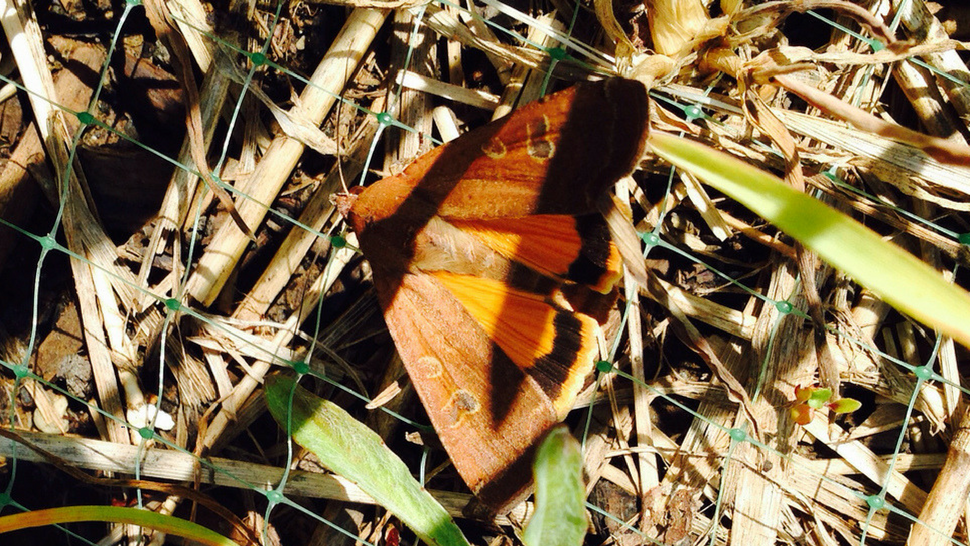John Tolley, March 12, 2018
Walk the length of New Jersey, from High Point State Park to Cape May, through some of the most awe-inspiring natural beauty the Eastern Seaboard has to offer, and you?ll encounter a vast array of flora and fauna. From black bears (be careful) to Pine Barrens treefrogs, Lincolnshire spinach to he-huckleberry bushes, the state boasts an embarrassment of biodiversity.
Rutgers University is inviting members of their community to share their encounters with wildlife and plant life, both within New Jersey and beyond, during the Spring 2018 Personal Bioblitz. It?s a campaign that seeks to highlight and catalog encounters with nature, from the unique to the everyday, while encouraging people to take more notice of the world around them.
Speaking with the Rutgers Today, Lena Struwe, a professor in Rutgers? School of Environmental and Biological Sciences, explained that the project is a way to inspire the scientist within.
?The Personal Bioblitz is a way to engage anybody who knows a lot or nothing about species to start looking at what exists around them in their everyday life,? said Struwe, who launched the first Personal Bioblitz in 2014. ?So this is everything from insects in your home to weeds under your car or birds at birdfeeders. If you travel south for spring break and see orchids, snakes or toucans and palms, it can all be reported.?
To participate in the 2018 Bioblitz, members of the Rutgers community - defined as students, faculty, alumni, staff and their friends and family - need only to download the iNaturalist app on their smart phone, tablet or mobile device and then sign up on the program?s website. From there, they can upload photographs and/or audio recordings of plants and animals that live unaided directly by humans (read: no pets, potted plants, field crops, etc.) Submissions are accepted from March 1 - May 15.
While the images, sounds and other observations collected during Bioblitz are a fun way for Rutgers citizen-scientists to engage with their surroundings and one another, they also help enrich iNaturalists? database of field observations. Those important taxonomical entries are available to the research community, aiding in species awareness and study worldwide.
To learn more about Bioblitz, see photos from years past and obtain more information about how to get involved, check out Rutgers Today?s article here.







 Find available live basketball action on our B1G+ app via BigTenPlus.com.
Find available live basketball action on our B1G+ app via BigTenPlus.com. 